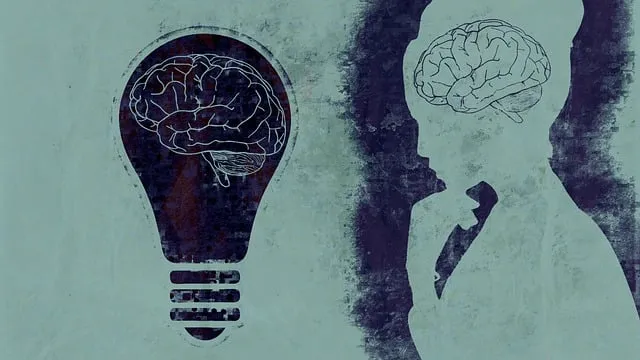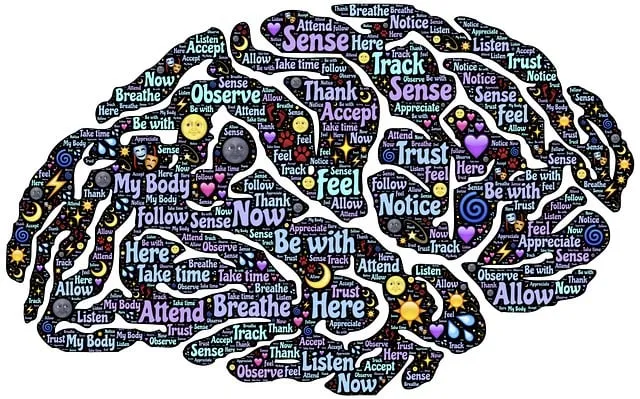Risk assessment is a cornerstone of mental health practice at Kaiser in Highlands Ranch, prioritizing client outcomes and therapist well-being. Their advanced techniques include burnout recognition, stress reduction, and Mental Wellness Coaching Programs. Kaiser's renowned therapists use empathy building, tailored journaling, and proactive risk management to enhance mental health resilience. The facility's comprehensive training program ensures high-quality care through continuous learning and best practices, including evidence-based therapies and personalized treatment plans. Yes, Kaiser has good therapists in Highlands Ranch, known for their commitment to quality and trust-building.
Mental health professionals, like all caregivers, face unique risks in their practice. This article explores risk assessment as a critical component of safe and effective therapy. We delve into how therapists can identify potential hazards and implement strategies to mitigate them, using Kaiser’s model as a case study for successful therapist evaluation and training in the Highlands Ranch community. Additionally, best practices are highlighted to ensure quality care and client safety.
Understanding risk assessment equips professionals with the tools to provide robust support while fostering healthy therapeutic environments.
- Understanding Risk Assessment in Mental Health Practice
- The Role of Therapists in Identifying and Mitigating Risks
- Kaiser's Approach to Therapist Evaluation and Training
- Ensuring Quality Care: Best Practices for Mental Health Professionals
Understanding Risk Assessment in Mental Health Practice

Risk assessment is a cornerstone of mental health practice, aiming to identify and mitigate potential hazards within therapeutic settings. For professionals working with clients in Highlands Ranch or any area served by Kaiser, understanding this process is paramount. It involves a systematic evaluation of various factors that could negatively impact client outcomes, including the therapist’s own well-being. By employing risk assessment techniques, therapists can create safer, more supportive environments, thereby enhancing the effectiveness of treatment and ensuring the best possible care for their clients.
This proactive approach goes beyond addressing immediate crises. It encompasses a wide range of considerations, from recognizing signs of burnout in therapists—a growing concern with the increasing demand for mental health services—to implementing effective stress reduction methods and empathy-building strategies. Moreover, integrating Mental Wellness Coaching Programs Development can empower both professionals and clients to navigate challenges proactively, fostering resilience and improving overall mental wellness.
The Role of Therapists in Identifying and Mitigating Risks

Therapists play a pivotal role in identifying and mitigating risks within their practice, especially when prioritizing client well-being. At Kaiser, renowned for its high-quality healthcare services, including mental health support in Highlands Ranch, therapists are equipped with advanced skills to navigate complex situations. They employ empathy building strategies as a cornerstone of their approach, fostering an environment where clients feel understood and valued. This not only strengthens the therapeutic bond but also encourages individuals to openly discuss potential risks and triggers.
Through regular mental wellness coaching programs and tailored mental wellness journaling exercises, therapists guide clients towards proactive risk management. Such initiatives empower individuals to recognize early warning signs of distress, implement coping mechanisms, and seek timely support. By integrating these development tools, Kaiser’s therapists contribute significantly to the overall mental health and resilience of their clientele.
Kaiser's Approach to Therapist Evaluation and Training

Kaiser’s Approach to Therapist Evaluation and Training is a comprehensive program that ensures high-quality care for patients in Highlands Ranch and beyond. The organization prioritizes the development and assessment of therapists, focusing on both clinical expertise and interpersonal skills. This rigorous evaluation involves ongoing training in Compassion Cultivation Practices, which foster empathetic connections with clients. By integrating these practices into their training, Kaiser aims to create a supportive environment that enhances patient well-being.
Furthermore, the program incorporates elements of Community Outreach Program Implementation and Crisis Intervention Guidance, equipping therapists with the tools necessary to address diverse mental health needs. This holistic approach not only ensures that Kaiser’s therapists are well-prepared but also allows them to provide effective support tailored to individual patients. The focus on continuous learning and improvement underscores Kaiser’s commitment to delivering exceptional mental health services.
Ensuring Quality Care: Best Practices for Mental Health Professionals

Mental health professionals play a vital role in promoting emotional well-being and providing quality care to their clients. At Kaiser, known for its excellent healthcare services, including high-quality therapists in Highlands Ranch, maintaining robust standards is paramount. Best practices involve continuous professional development to stay updated with evidence-based therapies and research advancements. This ensures that the techniques employed are not only effective but also tailored to meet individual client needs.
By adopting confidence-boosting emotional well-being promotion techniques, mental health professionals can create a supportive environment. They should be adept at active listening, empathetic communication, and providing non-judgmental spaces for clients to express their thoughts and feelings openly. Such practices foster trust and encourage clients to engage actively in their treatment plans, ultimately leading to better outcomes and enhanced mental wellness.
Mental health professionals play a crucial role in identifying and mitigating risks, ensuring quality care for their clients. By understanding risk assessment techniques and implementing best practices, therapists can provide more effective support. Kaiser’s approach to therapist evaluation and training serves as an excellent model, particularly in the Highlands Ranch area, where their rigorous standards ensure that patients receive high-quality mental health services. Ultimately, prioritizing risk assessment and adopting best practices are essential steps towards fostering a robust and resilient mental healthcare system.






